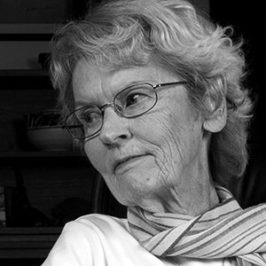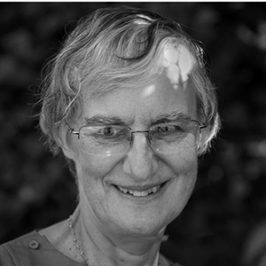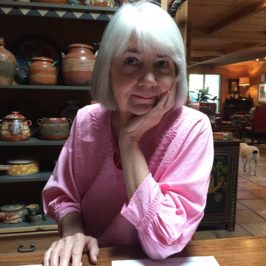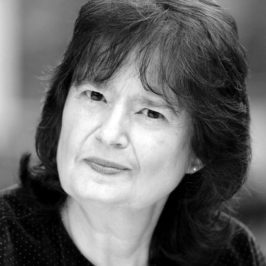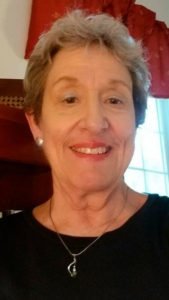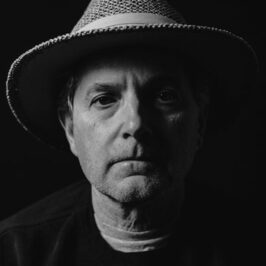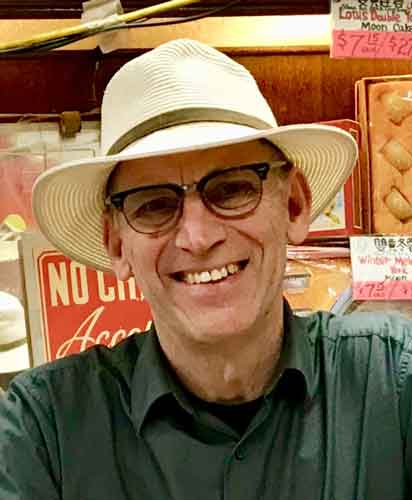
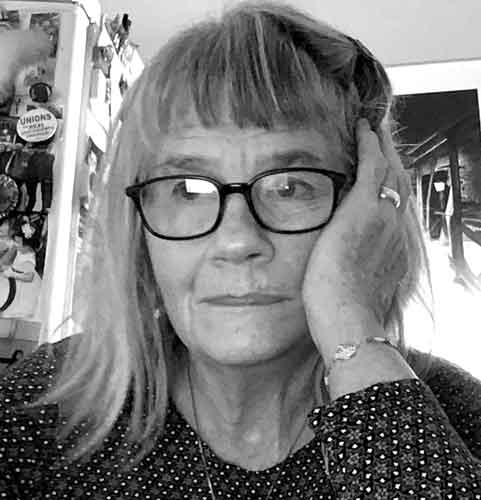
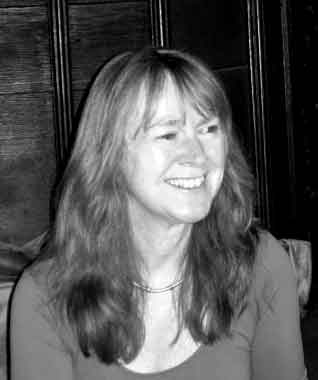
This planet and our time on it, with poems by Robert Lowes, Constance Norgren and Margaret Lloyd.
6 minutes
TRANSCRIPT
We’ve been seeing an increase in forest fires, flash flooding, major storms, days above 110 degrees and on and on. Scientists refer to the cause as global warming, as climate change. On this edition, a little commentary on the phenomenon.
Robert Lowes said, “Over the past three years, I’ve welcomed two beautiful grandsons into a world of vanishing beaches and worsening heat waves. Who’s to blame? My smallest, seemingly innocent actions — like using coal-generated electricity to charge my iPhone — contribute to climate change. If I multiply myself by eight billion people, I have reason to rant.” Here’s Robert’s “One-sentence Rant.”
It takes a village of billions
to ruin Earth for the children,
to make the cars, and drive the cars,
and drill for oil, and ship oil
and refine oil and deliver gas
to filling stations to fuel the cars,
and raise the cows, and slaughter cows,
and butcher cows, and fry ground beef
for the mother in the McDonalds
drive-through, idling out exhaust
and checking for texts from her parents
on a smartphone plugged overnight
into a kitchen outlet, a node
of an electrical grid, powered
by coal someone plundered
from a Kentucky hilltop stripped of trees
that once removed their share
of carbon dioxide from the sky,
that blue scroll written over
with clouds of acid rain
and contrails from jumbo jets,
like the one bearing grandparents
to visit a two-year-old boy
burbling in the back seat of the car
in the McDonalds drive-through
headed to the airport
for a joyous reunion
on a day of record-setting heat,
and plans to get wet and wild
on a vanishing beach.
“One-sentence Rant,” Robert Lowes. He said that despite his ranting, as the long-time coordinator of a high-school poetry contest in St. Louis, he’s “doggedly invested in future lives.”
Constance Norgren said, “The forever significance of Emily Dickinson’s life and words and of the life of Trayvon Martin led me to this poem. I started working on it ten years ago. I cannot imagine a life without reading and writing – newspapers, signs, banners, poems, everything. Living in NYC keeps on inspiring me – so many people and possibilities, so many/so close pushing back against apathy and helplessness and towards keeping the earth and each other alive.” Here’s her poem “Current Reading.”
Great chunks sliding from earth’s edges
into the sea.
Young men pulling on their hoodies.
Emily dying in a book.
Higginson visited only twice,
wrote afterwards,
I did not think she would die.
Trayvon’s eyes alive
in photographs only.
Water sold away.
Even the billion-year-old rocks
helpless in the face of.
So many lines up along earth’s curve waving,
wishing it good luck, good-bye.
Emily pinpointing her day-to-day,
Sewing it into little books –
hardly able to bear it.
“Current Reading,” Constance Norgren from Passager’s 2022 Poetry Contest Issue. Constance alluded in her poem to Higginson. Thomas Higginson co-edited Emily Dickinson’s first two collections of poems and the two of them had an ongoing relationship through their letters.
We’ll end with Margaret Lloyd’s at least somewhat hopeful poem. She said she grew up in a Welsh immigrant community in Utica, New York. She said her poem “This Moment” is about the immigrant experience, but we could also hear it as being about the earth.
I open my eyes and know I am
what remains
The tree in the garden after a storm
covered with pearls
glistening in the sun
in the dead of winter
Always the large ship is sailing
toward this country carrying me
my father mother brother
And I am what is left
the others all in the ground
air full of spirit
scattered snow on the grass
The wood in the firepit waiting to be burned
The leather of a boot shaped by my foot
This work of time on me
“This Moment,” Margaret Lloyd also from Passager’s 2022 Poetry Contest Issue. Margaret said, “Until Covid struck, I’ve regularly gone back to Wales. In recent years I have been writing poems connected in some way to the immigrant experience and to mortality.”
To subscribe to or learn more about Passager and its commitment to writers over 50, go to passagerbooks.com. You can download Burning Bright from Spotify, Apple and Google Podcasts and various other podcast apps.
For Kendra, Mary, Christine, Rosanne, and the rest of the Passager staff, I’m Jon Shorr.
Due to the limitations of online publishing, poems may not appear in their original formatting.

